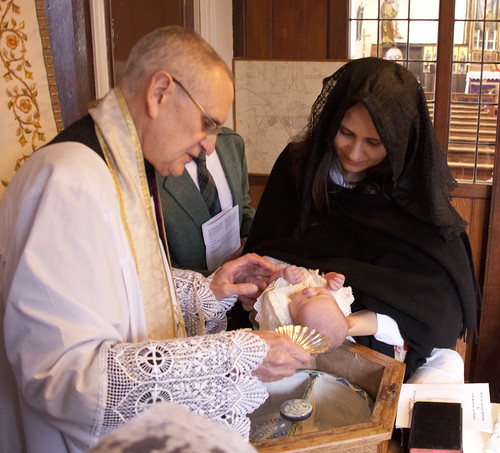The Church reformed the liturgy at a moment of great optimism. The developed world was enjoying the long post-war boom. Seminaries were full. And new-fangled antibiotics and vaccination programs were sweeping away one major disease after another. It seemed time for a great big group hug.
It is not surprising to find that when medieval-style pestilence stalks the streets, the Church has to reach back into the past, before that brief gilded historical moment, for responses. The most obvious example is “spiritual communion”: the practice of uniting oneself in prayer to Our Lord in the Blessed Sacrament, since one is not able to receive sacramentally. Our predecessors in the Faith used to do this at the great majority of the Masses they attended, either formally or informally, since they received Holy Communion only once or a few times a year. When I mentioned the practice as a response to the epidemic in a letter to the UK’s liberal Catholic weekly, The Tablet, the first response of one priest was ridicule. We wouldn’t, he wrote, have a “spiritual collection,” would we?1
He will have written his reply before public liturgies were suspended. I doubt he is laughing now.
Read the whole thing.
Support the Latin Mass Society









